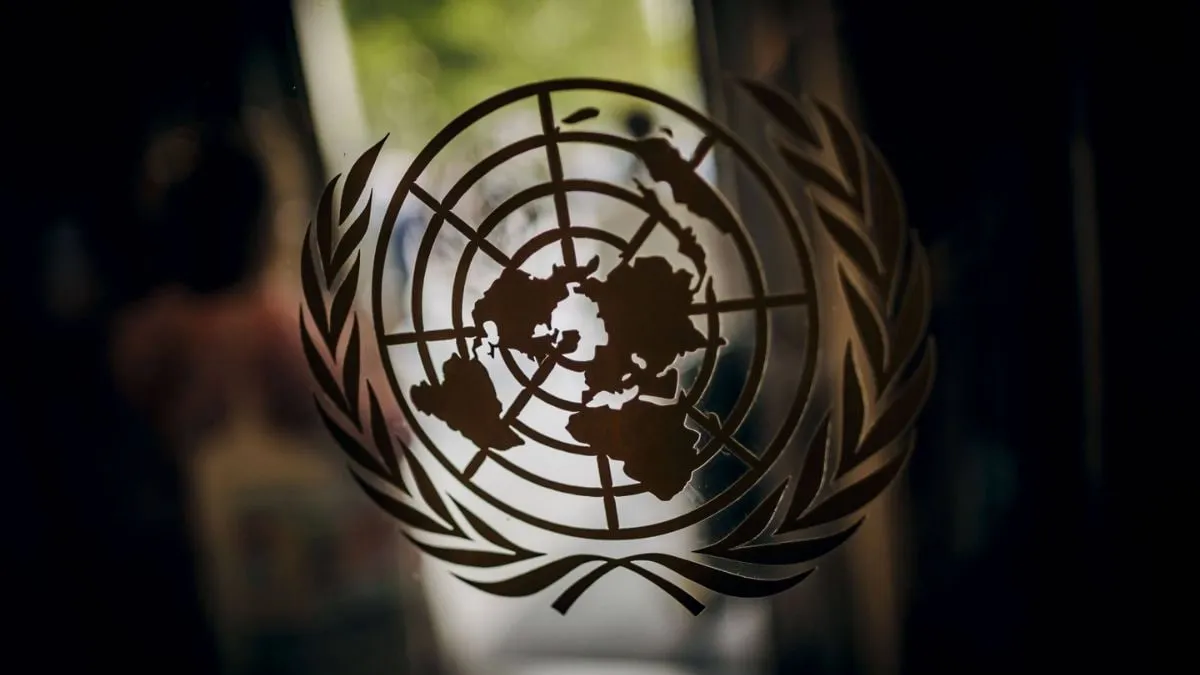South Africa: A New Era for African Representation in the UN Security Council

South Africa Takes Center Stage in Global Diplomacy
The United States has announced a groundbreaking proposal that includes creating two permanent UN Security Council seats for African nations. This initiative is intended to foster greater African representation and addresses urgent needs for UN reform.
Key Aspects of the US Proposal
- The proposal entails two permanent seats specifically for African nations.
- Additionally, a rotating seat will be allocated for small island developing states.
- Importantly, the new African representatives will not have veto power like current permanent members.
Implications for UN Membership and Representation
The suggested reforms aim to transform the long-stagnant UN Security Council, ensuring that African nations, which currently hold only three non-permanent seats, gain more influence. Additionally, the plan calls for unanimous ratification by the five permanent members of the council, a significant hurdle given the need for cooperation among nuclear powers.
International Reactions
The UN responded positively to the proposal, with spokesperson Stephane Dujarric emphasizing the importance of enhancing African representation. The global community is watching closely as these discussions unfold, marking a critical juncture in international relations.
This article was prepared using information from open sources in accordance with the principles of Ethical Policy. The editorial team is not responsible for absolute accuracy, as it relies on data from the sources referenced.